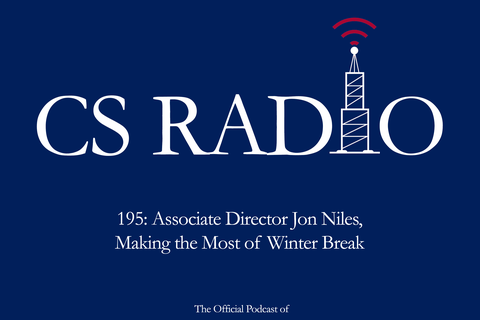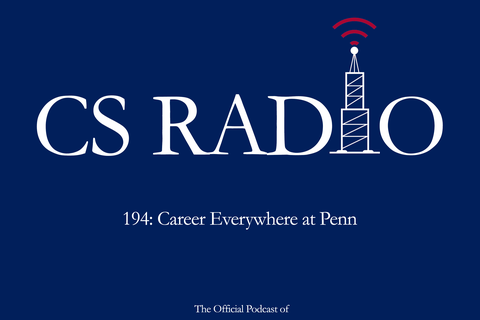Strategies for successful networking

Step 1
What are your networking goals and questions? What information do you need?
Networking without a goal or questions you are looking to answer can feel very challenging, and so a great best practice is to take some time to figure out why networking can help you as part of your professional and career development. Once you have questions, you can figure out who has answers, and how you can reach out to them! If you haven’t taken time to explore career paths that interest you, then start here. Understanding your natural skills and strengths is a great place to start, as your networking questions can be about how these strengths are valued in different industries or roles. CareerExplorer is a free tool to help you reflect on your strengths. If you are a PhD/postdoc at the beginning of your program, you might also find this video to be helpful.

Step 2
Identify where you can find people to support your goals or answer your questions
Networking can happen anywhere, but there are certainly events and experiences on campus that can support your networking goals. Did you know that you can network effectively at some of our career fairs even if you are not currently looking for an internship or job? There are great opportunities to talk with alumni and recruiters to learn what you can be doing to prepare yourself for future applications. Employer information sessions and coffee chats are great opportunities too – find these listed on Handshake. There are also many workshops and panel discussions organized by Career Services each semester, and each of these provides an opportunity to network with speakers and other students/postdocs who are attending as well.

Step 3
Take advantage of alumni networks and tools like LinkedIn to reach out and connect
There are >400,000 Penn alumni in the myPenn alumni database, and >200,000 Penn alumni with LinkedIn profiles that you can explore. Both tools (especially when used together) provide a wonderful opportunity to find alumni with experiences that can help you answer some of your key networking questions. CareerShift is also a resource that searches public records, and can be used to find emails for alumni you identify through LinkedIn or myPenn whose contact information isn’t readily available. Ideal networking with alumni gives you actionable information you can use to be a better candidate for future positions, and can help you build professional relationships with alumni who may be able to advocate for you in the future.

Step 4
Be prepared to talk about you! Practice highlighting your relevant skills & experiences
Effective networking is all about asking well-throughout, smart questions that are relevant to the lived experiences of the person you are talking to. However, you will also have to talk optimistically and confidently about yourself when networking. You want to leave a strong mental image in the mind of your contact that highlights your strengths, skills, and interests. You can practice the art of talking about yourself using a platform like LunchClub, that offers an opportunity to talk to people who share something in common with you without the pressure of having to impress someone you are trying to get a job offer from. Any chance you have to talk positively about yourself as part of your research, in student/postdoc groups you are involved in, or as part of your interests beyond campus, will be great practice!

Step 5
Build effective relationships by having professional and authentic conversations
When you are talking with connections to learn about their experiences, you are having what is often called an “informational interview”. You are asking questions to gain information that will support your career decision making and professional development goals. If you are looking for advice on how to set up these types of interactions, what to say, and how to make the most out of them, then take a look at a couple of our general guides (here and here), and our resource on informational interviewing for graduate students and postdocs. Networking is one of the best ways to gather information, but not everyone feels energized by the idea of chatting with professionals and alumni. If you need an energy or confidence boost before starting your networking, chat with an advisor at Career Services!

Step 6
Keep the conversations going, and use what you learn in your job search next steps
Whenever you have an opportunity to talk with someone who offers you insight and advice on future careers, be sure to follow-up after the conversation with a quick thank you email. You can do this for people you meet at career fairs, info sessions, panel discussions, and more! For people that can potentially be helpful to you as you progress in your career development, building a strong, authentic professional relationship is very important. As you think about keeping the conversation going, take a look at this short guide and this video to give you some ideas about what this can look like. Connecting with people on LinkedIn is one approach, but we recommend that you do this after you have had an interaction with them – they will be more likely to accept your invitation to connect at this time.














